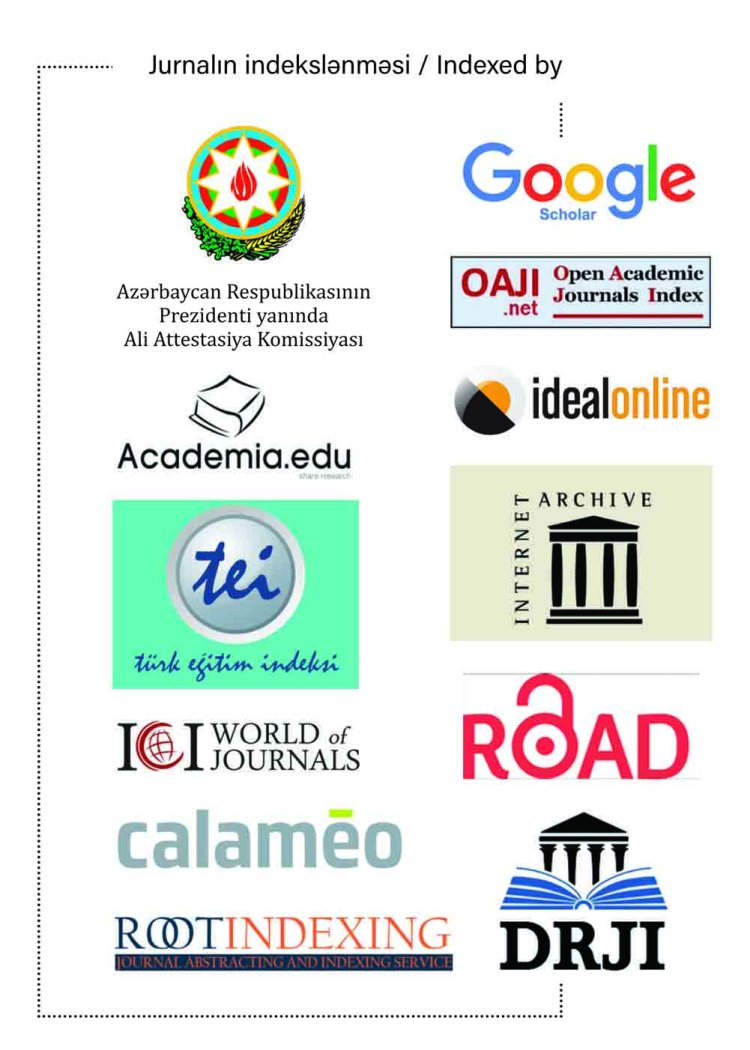DEVELOPMENT MODELS OF DIFFERENT COUNTRIES IN THE PERIOD OF TRANSITION FROM SPECIAL EDUCATION TO INCLUSIVE EDUCATION
Inclusive education, which is an important factor in the integration of children with disabilities into society, is defined as providing equal access to education for all students, taking into account the needs of special education and the diversity of individual opportunities. In order to implement such education, it is necessary to pay attention to the creation of appropriate conditions in society and at school. Modern researchers note that today the countries with the best legislation in the implementation of inclusive education are Canada, Denmark, Iceland, India, Malta, the Netherlands, Norway, South Africa, Spain, Sweden, Uganda, the United States and the United Kingdom. Interestingly, rapid changes are taking place in Uganda, Vietnam, Jordan, Palestine, Egypt and Yemen, which are considered the poorest countries in the world.Even in Uganda and Arab countries, there is a process of mass integration of girls into schools, along with children with disabilities. This dynamic is due to the effective implementation of UNESCO programs in these countries. In order to implement inclusive education, attention should be paid to curricula, employee support, cooperation, measurement and evaluation tools, in short, the creation of appropriate conditions in society.




